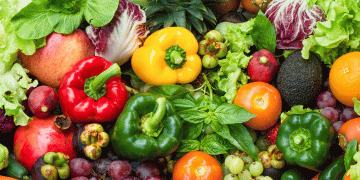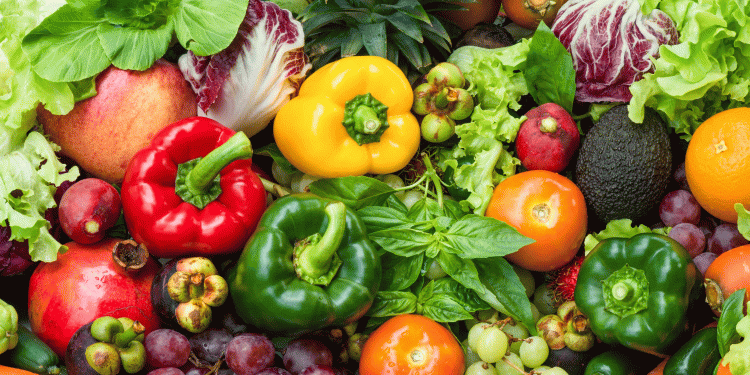Climate change presents one of the most significant challenges to global agriculture, affecting crop yields, soil health, and water availability. However, emerging technologies provide powerful tools to address these issues. By integrating precision farming, advanced biotechnology, and sustainable practices, the agricultural sector can both adapt to and mitigate the effects of a changing climate.
Precision Farming: Optimizing Resource Use
Precision farming uses GPS, IoT devices, and data analytics to optimize the use of resources such as water, fertilizers, and pesticides. Recent studies show that precision agriculture can reduce water usage by up to 30% and increase crop yields by 15-20% . For instance, drones and satellite imagery provide real-time data on crop health, allowing farmers to make informed decisions and apply treatments precisely where needed. This not only conserves resources but also reduces the environmental impact of farming.
Biotechnology: Developing Climate-Resilient Crops
Advances in biotechnology are crucial for developing crops that can withstand extreme weather conditions. Genetic engineering and CRISPR technology enable the creation of drought-resistant, heat-tolerant, and pest-resistant crop varieties. According to the International Service for the Acquisition of Agri-biotech Applications (ISAAA), biotech crops were planted on 190.4 million hectares worldwide in 2020, with significant increases in yield and resilience observed in major crops like maize, soybeans, and cotton . These innovations are vital for maintaining food security in the face of climate change.
Sustainable Practices: Enhancing Soil Health and Biodiversity
Adopting sustainable agricultural practices is essential for long-term resilience. Techniques such as cover cropping, no-till farming, and agroforestry improve soil health, enhance biodiversity, and sequester carbon. Research from the Rodale Institute indicates that regenerative organic farming practices can sequester more than 1 ton of CO2 per hectare per year, significantly contributing to climate change mitigation . Additionally, these practices help in maintaining soil fertility and reducing dependency on chemical inputs.
The integration of precision farming, biotechnology, and sustainable practices offers a robust strategy for tackling the challenges posed by climate change. By leveraging these technologies, farmers can increase productivity, reduce environmental impact, and build resilience against adverse climatic conditions. Continued investment in agricultural research and technology adoption is crucial for ensuring a sustainable and secure food future.































